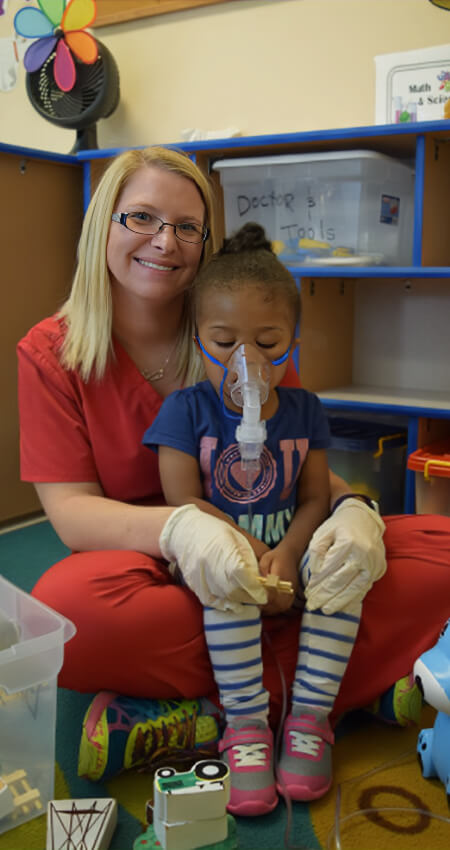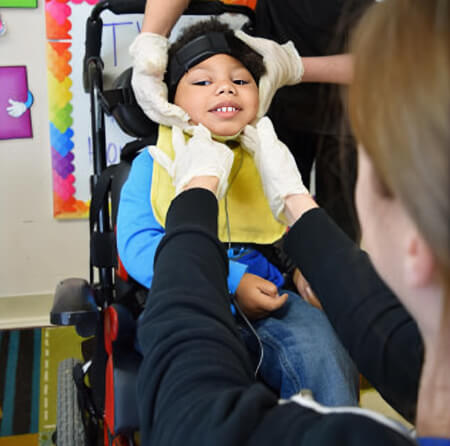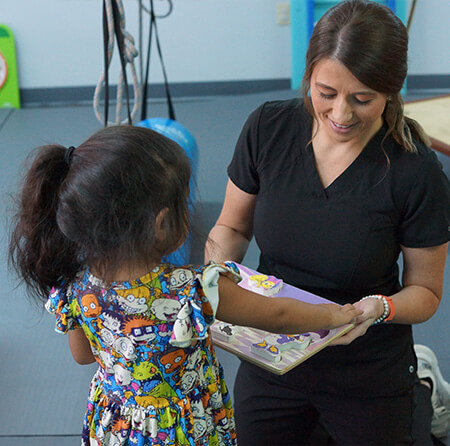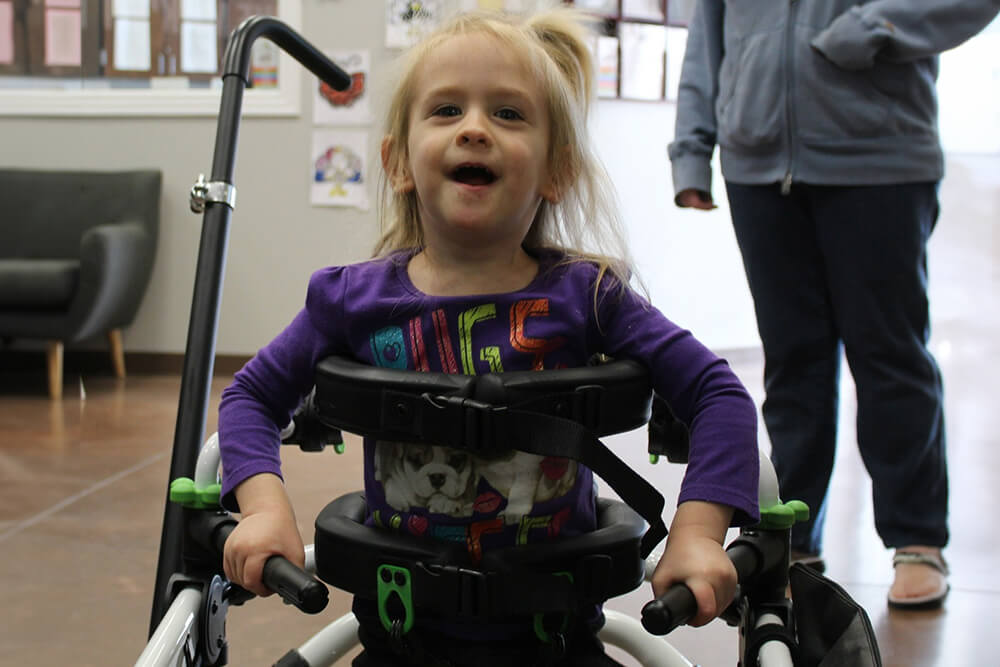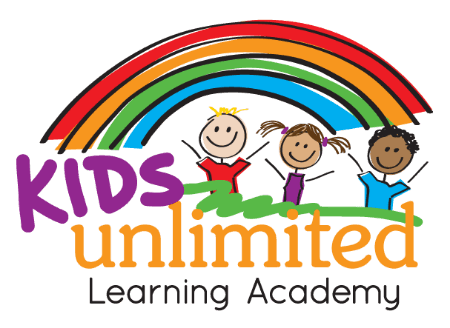Medical Services
At MKSA, we strive to keep your child, along with all of the children in our clinics safe at all times. Our staff nurses can administer medication prescribed to our patients here on site via the following procedure:
- A record of all medications will be obtained upon enrollment and every six months thereafter on the Nurse Assessment Form.
- Medication will not be administered to a patient without a completed Medication Administration Request Form completed by parent/guardian. Parent/guardian will complete Medication Administration Request at drop off or when van picks up patient.
- Medication must be brought in original container, clearly labeled with the following information: patient name, medication name, dosage, route, and the time medication is to be administered or medication will not be accepted.
- All medications will be securely stored in a locked cabinet or drawer. If classified as a controlled substance they will be securely stored in a double locked cabinet or drawer.
- Over the counter medication will only be administered if the medication is listed on Miracle Kids Success Academy Medication Standing Orders.
- Any medication administered by the Nurse will be documented on the patient’s Medication Administration Record.
- The Nurse will inspect all medications monthly to ensure no medications are expired.
Hearing screenings are tests to tell if someone may have problems hearing. It is easy and not painful. In fact, babies are often asleep while being screened. Our nurses and/or speech-language pathologists may perform screenings during routine assessments or if concerns regarding hearing arise. If concerns continue following the screening, parents will be notified that a full hearing test may be warranted.
MKSA nursing staff are trained to treat asthma patients in the following ways:
- Maintaining a calm atmosphere to help reduce the patient’s apprehension and allow him/her to assume the most comfortable position possible. The child will often be allowed to play with small toys during the procedure to further reduce apprehension.
- Giving any medication or treatment as prescribed by the patient’s physician. This may include medication by mouth, inhalers, or an aerosol treatment.
- Documenting any signs of respiratory distress such as increased respiratory rate and/or labored breathing involving muscle retraction and use of the neck and abdominal muscles. Pulse-ox will be monitored, if possible.
- During mild asthma attacks, where coughing and wheezing respond to treatment or improve, the patient may remain in the academy. However, if symptoms do not respond to treatment, MKSA staff will exclude the patient and refer them to a physician for further medical intervention.
- In the case of severe respiratory distress, as indicated by altered consciousness, extreme shortness of breath and/or bluish color around the mouth, EMS will be activated by nursing staff. If the respiratory distress is believed to be caused by an allergic reaction, the “Anaphylaxis” policy will be followed.
No matter what situation may arise, our highly skilled nursing staff will be there to care for your child every step of the way.
There are many reasons why a child may require tube feeding:
- Gastrointestinal disease
- Short bowel syndrome
- Neurological impairment (for example, cerebral palsy, anoxic brain injury, severe seizure disorder)
- Gastroesophageal reflux disease
- Pulmonary disease
- Cystic fibrosis
- Congenital heart disease
The method of tube feeding will depend on the child’s needs and ability to accept the treatment. Listed below is an overview of the different types of tube feeding treatments:
Bolus Feedings: Bolus feedings are similar to a regular meal with the patient receiving larger amounts of food given over a shorter period of time, with several hours in between feedings.
Continuous Feedings: During continuous feeding, the tube fed formula is given slowly over a long period of time (usually 18-20 hours). This method is more easily tolerated than bolus feedings and is required with certain tubes.1
Combination Feedings: Combination feedings combine both the bolus and the continuous feeding methods.
Whatever your child’s nutritional needs are, MKSA staff will work with you and your child’s physician to put together a treatment plan that will help them continue to thrive.
1Axelrod et al. Journal of Parenteral and Enteral Nutrition. 2006; 30: S21–S26.
